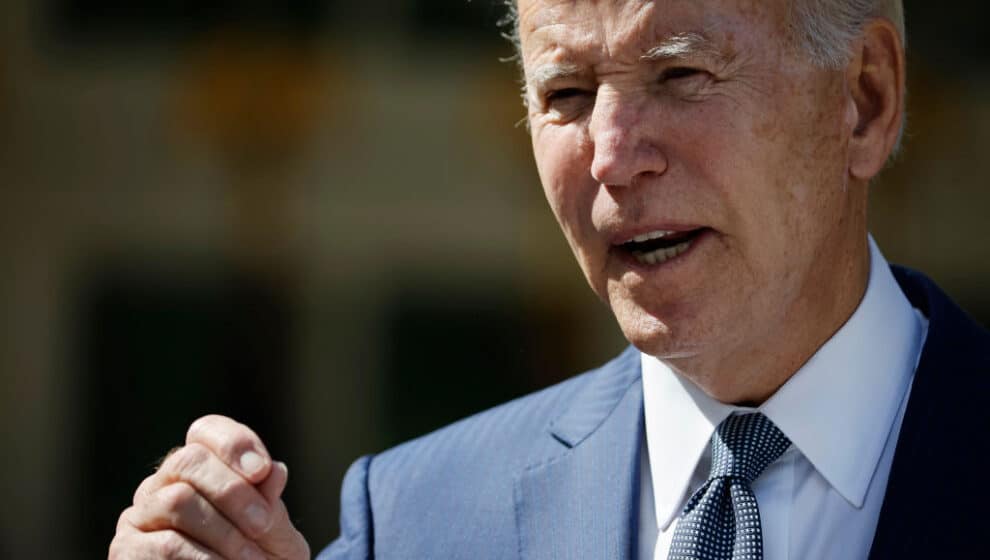Student loan forgiveness has been scaled back and will no longer relieve private loans.
Key Details
- President Joe Biden’s student-loan forgiveness executive order is being scaled back so that private loans will now be excluded.
- “As of Thursday, borrowers with federal student loans not held by the Education Department are no longer eligible to obtain one-time debt relief by consolidating those loans into Direct Loans,” says The Hill.
- “The department said only borrowers in the Federal Family Education Loan (FFEL) Program whose loans are held by the federal government are eligible,” The Hill reports.
- The decision comes in response to multiple legal challenges from six states.
Why it’s important
The executive order is facing numerous legal challenges at the moment—both from partisan opponents with constitutional concerns about the executive order and from individuals who are being negatively impacted by the order.
The legal challenges could further delay, reduce the scope of, or strike down the executive order.
“Six Republican-led states filed a lawsuit on Thursday against the administration in the U.S. District Court for the Eastern District of Missouri, arguing the proposal is unlawful because there is no statute from Congress authorizing the cancellation of student loan debt,” says The Hill.
“Public interest firm Pacific Legal Foundation filed a lawsuit against the administration, challenging it through a plaintiff who is currently paying off loans and would be subject to an expensive tax in the event of debt relief because he lives in Indiana, one of several states that considers debt cancellation taxable income.”
President Biden and his administration are continuing to defend the legality of the order, emphasizing how important it is to relieve the outstanding $1.5 trillion in debt harming the lower and middle classes.
Backing up a bit
Biden’s August 24 executive order is facing alot of criticism. While the order boosted his poll numbers by as much as 10%, it has drawn constitutional, budgeting, and partisan concerns—with analysts citing the dangers of permitting an expensive executive order without congressional approval.
The Congressional Budget Office says that the order will cost $400 billion and inflate the deficit. 22 Republican governors even appealed the order in a September 12 letter.
“No statute permits President Biden to unilaterally relieve millions of individuals from their obligation to pay loans they voluntarily assumed,” says Nebraska Attorney General Doug Peterson.
